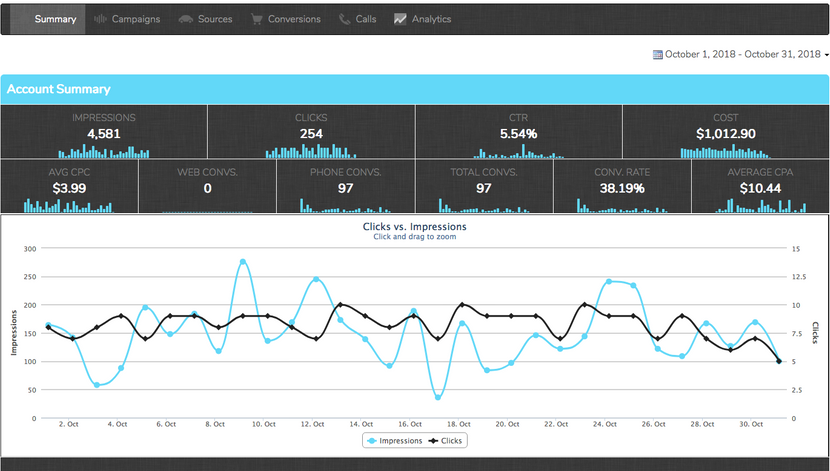Branding
Walking through the streets of any modern-day city and what you’ll see most is different brands being advertised everywhere. On billboards, on buses, on park benches, bus shelters, almost every space is covered in one. Branding has become part and parcel of the business community.
So, it begs the question what is Branding? The definition of branding has evolved over time Initially branding was just a combination of a names, slogans, and symbols used to indicate a company, service or product. Nowadays things have changed and companies are looking to enter into the minds of consumers.
Thus, branding can be defined as process of creating a distinctive name and image for a product in the customers mind. This is done majorly via advertisements with recurring themes. Branding focuses to create a notable and distinguished presence in the market that captivates and keeps loyal customers.
It’s enough to say that the brand of a company or business is a set of perceptions that consumers will have about that particular company. Any company/business, big or small can be able to do branding. This should be part of the process from the creation of a business.
Branding is not always about getting the edge over the competitors, but to help the business be seen as the sole provider of a product or service. A good brand will always make sure it:
- Delivers a clear and authentic message to the consumers.
- Confirm the business’/company’s credibility.
- Links the target markets emotion with the product or service offered.
- Motivates target consumers to buy the product/service.
- Creates a loyal base of customers.
In order to achieve all these the business must first identify and understand the needs and wants of the target market and prospective clients. Once the consumers identify with the
company, the brand eventually becomes part and parcel of the clients. It’s in their minds wherever they go.
Importance of Branding
- Recognition. Branding helps link the name of the business, logo, online accounts, products and services offered. With these as constants they’ll go a long way in assisting in the marketing of the products to the target market. Consumers tend to do business with those they are familiar with.
- Preference. Branding helps connect the product/service with the consumers. Once this connection is deep they become attached. The consumers will prefer the company’s product over the competitors. This is because that specific brand creates a certain emotion in them that other brands do not.
- Builds Trust. With time these consumers who prefer the one brand over the rest develop a trust for the product. If done right branding will ensure the right flow of customers and with good customer service and experience comes trust.
- Competition.Protection. Basically, branding prevents rival businesses from copying what the other is doing. Since the consumers associate with one brand, another business can’t copy the same and brand it their own. They may have similar products but difference in style and originality.
- Loyalty. An effective branding will create a loyal customer base. The same loyal customers will still be supporting the business in good or bad times. Loyal clients also help spread good word about the product and thus introducing more customers for the same product.
- Helps customers know what to expect. Branding essentially states what the business is about and what they offer. Any promises and claims made during branding should be delivered. It’s what the customers will come to expect from the business and its products. Failure to deliver will create discontent customers who will in turn distance themselves from the product.
- Increased Sales. If implemented right branding will ensure a steady flow of customers and clients thus boosting sales revenue for the business. Customers will test out the products and if they are up to the expected standards there will be more sales.
Strong Branding provides value to the business beyond physical assets and tells the staff how to act and meet the targets of the business.
My Agency or Business Needs?
Subscribe
Even if you don't visit my site on a regular basis, you can get the latest posts delivered to you for free via RSS or Email or subscribe below:



